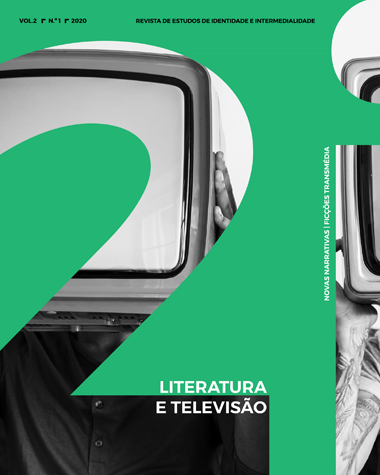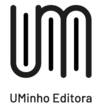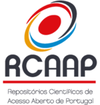Retrato do género humano como bebé
DOI:
https://doi.org/10.21814/2i.2529Palavras-chave:
Clarice Lispector, ética, alegria, tempo, criação, humanoResumo
Neste artigo, elabora-se uma leitura de um conto de Clarice Lispector, “Menino a bico de pena”. Essa leitura atravessará outros contos e romances da autora, para elucidação de alguns temas e leitmotiven recorrentes neste território textual. Demonstra-se como, a partir da observação de um bebé, Clarice Lispector define um posicionamento ético em que a alegria, a criação e o tempo são conceitos significativos. Para além disso, nos seus textos a ideia de alegria ou felicidade não se relaciona com o conjunto de valores humanos dominante, o que instiga uma leitura pós-humanista.
Downloads
Referências
Boutang, P-A. (Realizador & produtor). (2004). L’abécédaire de Gilles Deleuze avec Claire Parnet [DVD]. Paris: Éditions Montparnasse.
Deleuze, G. (2000). Crítica e clínica (trad. P. E. Duarte). Lisboa: Edições Século XXI.
Deleuze, G. & Guattari, F. (2003). Kafka. Para uma literatura menor (trad. R. Godinho). Lisboa: Assírio & Alvim.
Deleuze, G. & Parnet, C. (2004). Diálogos (trad. J. G. Cunha). Lisboa: Relógio d’Água.
Diogo, A. A. L. (2006). A Dama e o relógio. In Teoria com tipos móveis (pp. 143-202). S/l: Pena Perfeita.
Gil, J. (2018). Caos e ritmo. Lisboa: Relógio d’Água.
Hadot, P. (2019). Não te esqueças de viver. Goethe e a tradição dos exercícios espirituais (trad. M. E. Santos). Lisboa: Relógio d’Água.
Lispector, C. (1999). Onde estivestes de noite [1974]. Rio de Janeiro: Rocco.
_____ (2000). A paixão segundo G. H. [1964]. Lisboa: Relógio d’Água.
_____ (2001). Melhores contos. Clarice Lispector (ed. W. N. Galvão). São Paulo: Global Editora.
_____ (2002). A hora da estrela [1977]. Lisboa: Relógio d’Água.
_____ (2012). Água viva [1973]. Lisboa: Relógio d’Água.
_____ (2013). A descoberta do mundo. Crónicas [1984]. Lisboa: Relógio d’Água.
_____ (s/d). Laços de família [1960]. Lisboa: Relógio d’Água.
Lopes, A. (2017). Manhã. Lisboa: Assírio & Alvim.
Molder, M. F. (2017). Dia alegre, dia pensante, dias fatais. Lisboa: Relógio d’Água.
Mourão, L. (2015). Do formato mulher em Ruy Belo (pp. 175-183). In M. A. Athayde (org.), Literatura explicativa. Ensaios sobre Ruy Belo. Lisboa: Assírio & Alvim.
Sloterdijk, P. (2018). Tens de mudar de vida. Sobre antropotécnica (trad. C. Leite). Lisboa: Relógio d’Água.
Tavares, G. M. (2018). Livro da dança (pref. J. Studart) [2001]. Lisboa: Relógio d’Água.


.jpg)










